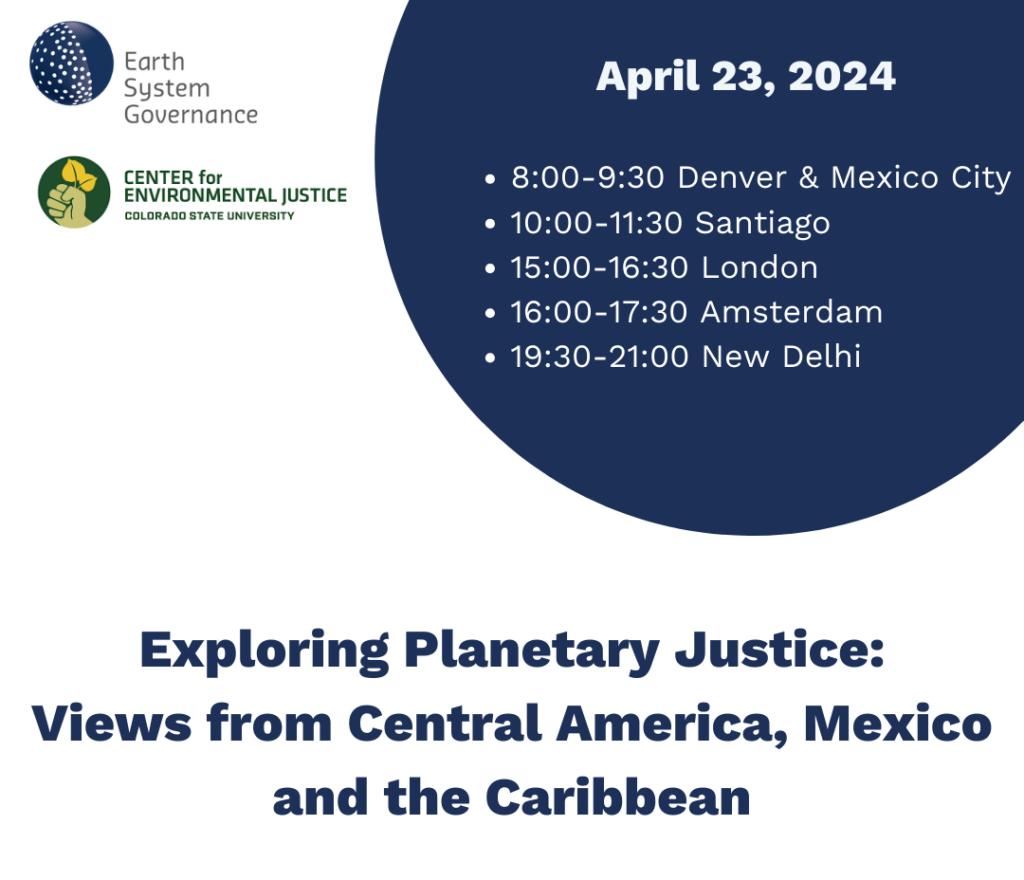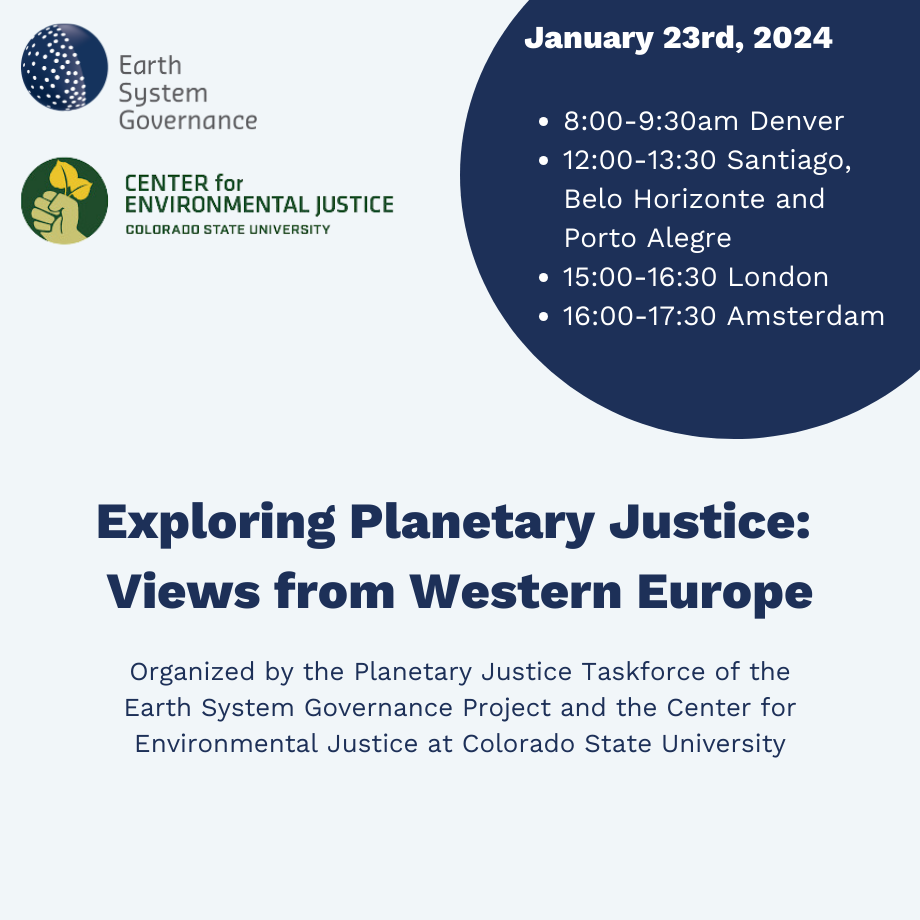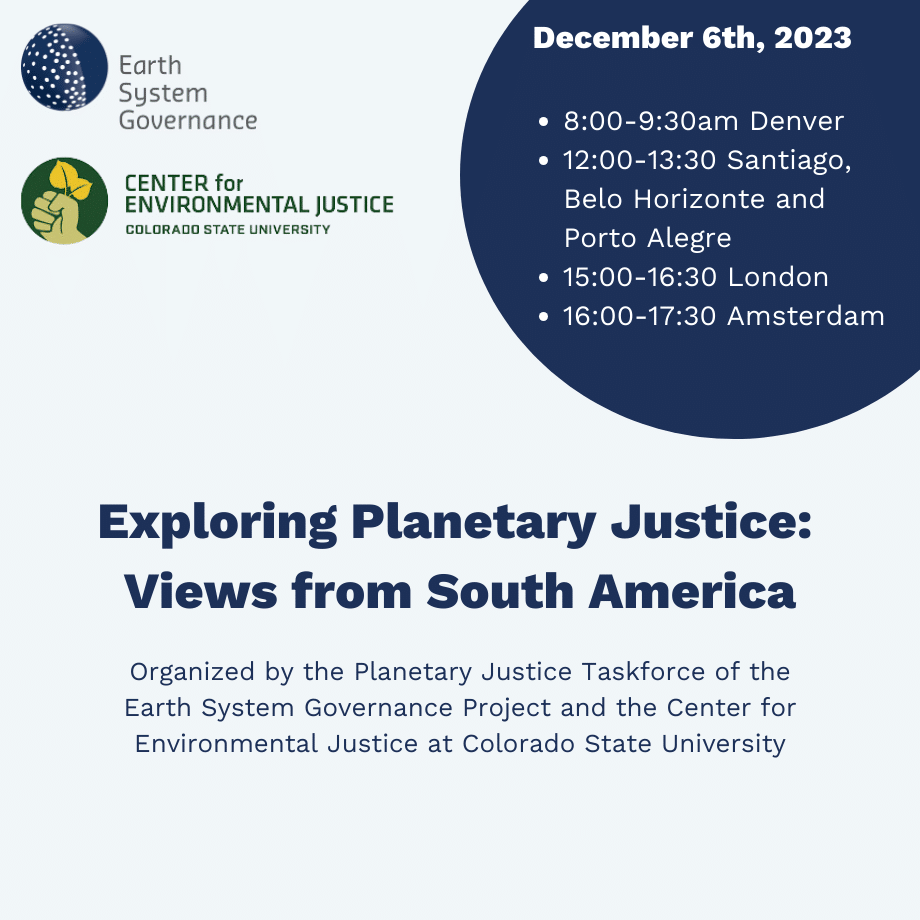Workshop hosted by the Institute for Environment and Sanitation Studies (IESS), University of Ghana, and co-organized by START and the Earth System Governance Project.
Find some photos from the event here.
The presence of efficient, transparent and equitable governance across scales is central to the realization of sustainable development objectives – there is a general recognition of the importance of these attributes of good governance for environmental sustainability. Despite this general appreciation, however, there are significant knowledge gaps in our grasp of the complex relationships among the different agents, scales and/or attributes of (good) governance and vulnerability to global environmental change, including climate change.
There is a need to foster a strong culture of collaborative, interdisciplinary and transdisciplinary research on governance facets of the diverse sustainability challenges we face today. This is particularly the case in settings where data, knowledge and capacity gaps on biophysical and socioeconomic vulnerability to global environmental change are even more pronounced – as is the case in Africa.
Africa is exceptionally vulnerable to climate change and variability because of ‘multiple stresses’ that exacerbate the continent’s vulnerability. Governance bottlenecks are among these ‘stresses’; they are likely worsening, even possibly driving, Africa’s vulnerability to climate change. Nevertheless, there is a great deal about climate change in the African continent that we do not know and this is especially the case on the interface between governance dynamics and impacts of climate change in the region.
In furtherance of its long standing capacity and global change related research and capacity development work in Africa, START is collaborating with the Earth System Governance Project and the Institute for Environment and Sanitation Studies, University of Ghana, to convene a select group of experts, academics and thought leaders from diverse disciplines to explore priority knowledge needs in governance dimensions of global environmental change in Africa.
To this end, this workshop will utilize the earth system governance analytical framework to further the workshop objectives.
The principal objective of the workshop is to bring together interdisciplinary team of experts from African Universities and Research Centers to exchange experiences, views and insights on knowledge and capacity needs related to governance aspects of vulnerability to climate change in Africa. Specifically, this workshop aims to:
- Explore (good) governance dimensions of climate change in Africa;
- Take stock of experiences in interdisciplinary research relevant to global environmental change and governance research in Africa, and identify where important knowledge gaps exist;
- Discuss ways of promoting interdisciplinarity and transdisciplinarily in governance and global environmental change research in Africa; and
- Identify concrete workshop follow-on activities.
The workshop, hosted by the Institute for Environment and Sanitation Studies (IESS) at the University of Ghana will explore and initiate potential research activities, build capacity, strengthen existing partnerships and enable the formation of new networking opportunities.
Thereby, the workshop will substantially contribute to further develop the emerging earth system governance network in Africa as an important part of the Earth System Governance global research alliance.



